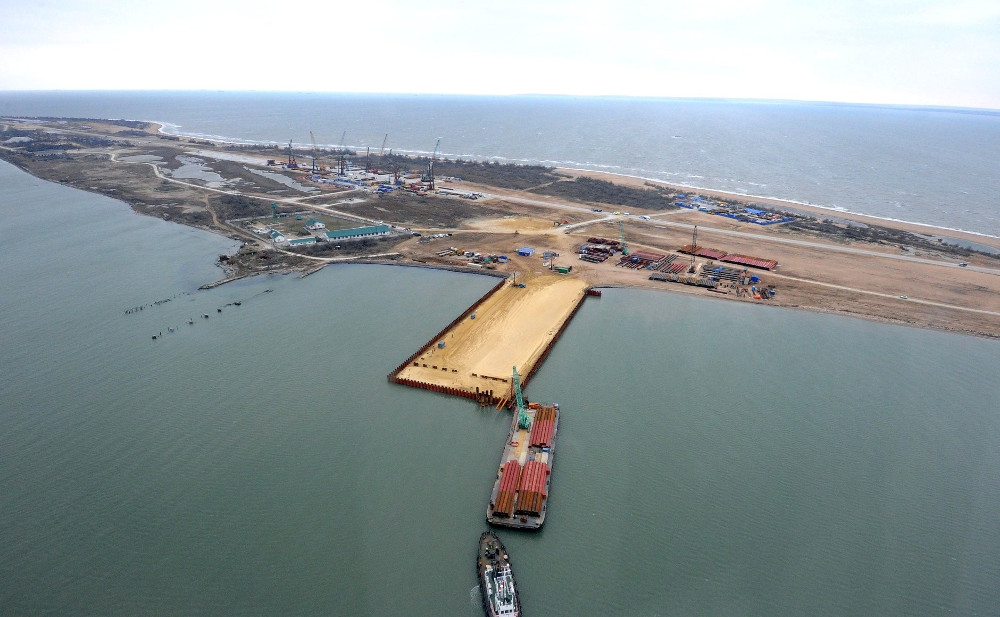RUSSIA MONITOR
Date: 22 September 2017
“Telephone terrorism” in Russia
Dozens of bomb hoaxes across the country highlighted the weakness of the Russian security system for more than a week. Cyberattacks paralysed hundreds of important locations in several cities whereas services were completely helpless. For over a week, they could not block the bomb hoax calls; additionnaly, they were unable to detect the source of the action.

First telephones were reported on the evening of September 10, in many cities at the same time. The alerts have covered almost all the country; initially, they concerned mostly Siberia and the far east of Russia. Only in September 19, about 100 000 people were evacuated in 14 cities. The same day, evacuations and checks took place in 152 places. Within a week, due to anonymous bomb hoax calls across the country, 400 000 people were cleared from many places. The alert was announced in over a thousand of buildings. Such a wave of false alerts has already hit up to 80 cities, including the largest ones, along with the Russian capital. Among targeted locations there were shopping malls, state buildings, schools, railway stations, airports, museums, universities and nightclubs. All of them proved to be false. The alerts have caused massive disruption in some cities where the media reported that, according to local police, the evacuations had been a part of drills. It is known that the warnings were made via internet connections, which makes it difficult to determine the source. As it was reported by one of anonymous sources in the Russian security services, authors of the calls had confirmed their relations with the Islamic States. The situation was also discussed by the Kremlin. According to the presidential spokesman Dmitry Peskov, it was an instance of “telephone terrorism”.
Some sources of Russia’s Ministry of Internal Affairs have claimed that the wave of calls had been prepared by Brussels. The Russian services have been also checking some information according to which members of an unknown international hacker group had written a special program allowing to make numerous calls in different places at the same time (for instance, it was reportedly able to make eighteen calls within fifteen minutes). Additionally, it was almost impossible to determine the source. Previously, it was considered that the source of massive phone calls made via internet connections had been located in Ukraine. An interministerial group was created whose aim is to elaborate on a special program protecting the emergency line against hacker attacks. An investigation was launched and the key role was granted to the National Guard. It is said that it may have been another country that had prepared the attack.
Such a serious security crisis may have some repercussions on both national and international levels. The authorities have to take into account negative social effects of the aforementioned wave of alerts. It revealed the Russian weakness as for protection against potential hacker attacks. Vladimir Putin will seek to explain this issue as soon as possible as it may trigger some personal changes in the institutions and, in a longer perspective, it may lead to tightening of the state’s control over Internet. Nothing is known about international consequences and it seems rather doubtful to determine whether another country was responsible for the attack but the issue may be used against the United States and/or NATO along with its allies. Some information indicating possible participation of Ukraine and Brussels might prepare the ground for such a propaganda campaign.
All texts published by the Warsaw Institute Foundation may be disseminated on the condition that their origin is credited. Images may not be used without permission.










